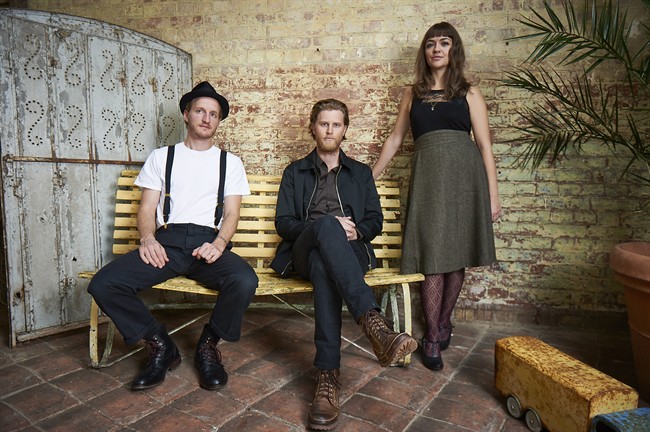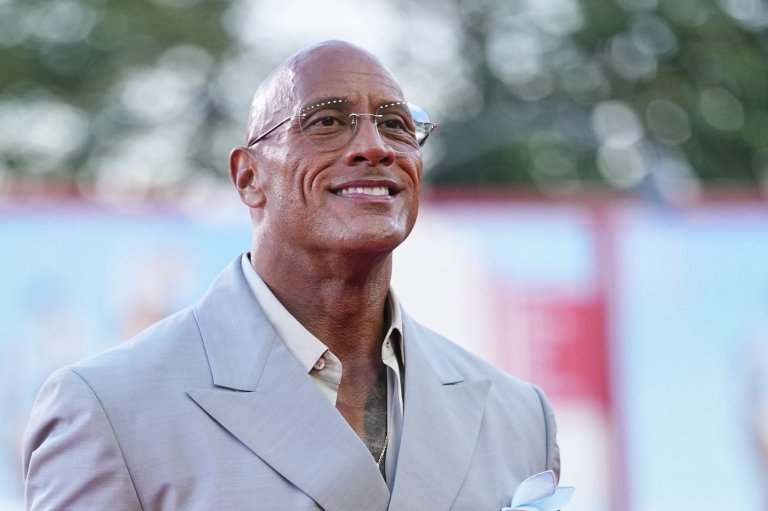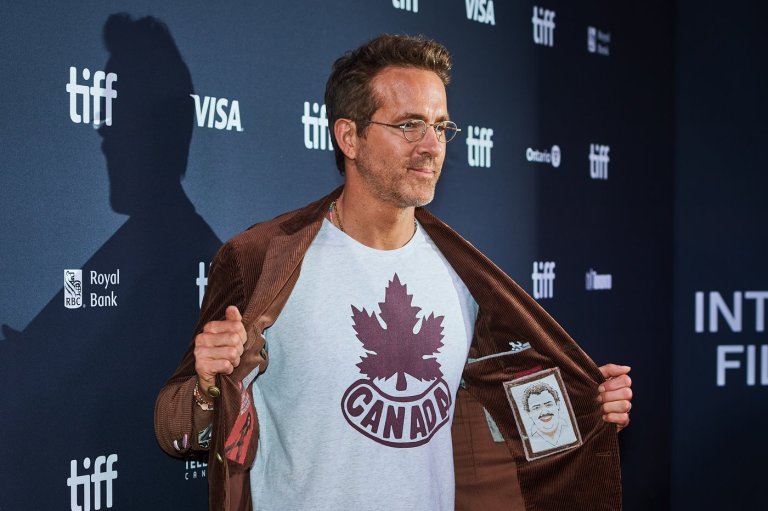
Q&A: The Lumineers vocalist on the challenges of dodging second-album cliches
TORONTO – The Lumineers evolved into folk-rock drifters of sorts after the release of their 2012 self-titled album and its smash single “Ho Hey.”
Four years of touring and a travelling-circus lifestyle followed, but lead singer Wesley Schultz wanted to avoid road warrior cliches as the band worked on its followup album, “Cleopatra,” which was released Friday.
Schultz talked to The Canadian Press about how the Lumineers consciously avoided falling into the second-album slump by searching for new inspiration.
CP: Four years can feel like a lifetime between albums. You tried to get back to your roots by renting a little house in Denver for the recording process. How did that work?
Schultz: It was kind of how we had always written and recorded — that was the idea at least. So we moved into the old neighbourhood from when we first moved to Denver and we kept business hours, so basically 9 to 5. Nobody really knew what we were doing there.
CP: Was your intention to literally recreate the recording conditions of your past?
Schultz: Yeah. We’ve been writing now for almost 11 years so we kind of know what sets us off, what comforts us. I described (the Denver house) as an aquarium to people. You put the little fake rock in, the trees, the bushes. You’re trying to fool the fish and we were kind of trying to fool ourselves. So we hung a lot of photos and pictures we liked. We had (drummer Jeremiah Fraites’s) piano from when he grew up put in there, and just kind of gradually forgot what we were doing and just let it happen.
CP: Which was the first song you wrote?
Schultz: “Ophelia.” It was kind of fitting because it was the first song released and the first song we chose to record. For us, we demo for six months and we treat it like a recording. I always joke that if we died in a fiery wreck that (demo recording) would be fine, but it was that much better when we go into a studio.
CP: You’ve been touring for years now. Do you think life on the road seeped into this new album?
Schultz: I was consciously trying not to make a road record. I felt like that’s been done a lot, and it’s kind of easy to do. (The song) “Cleopatra,” for example, that’s a story about someone that I had met, this female taxi driver. I had heard her story of losing love at a young age. That was a lot more interesting to me than a guy sitting in a hotel room missing home.
CP: But do you really think you can fully escape the road experience in your writing?
Schultz: People ask what “Ophelia” is about and it sounds like a love song, but I think the road comes into it because it was dealing with you losing yourself potentially in this situation. Losing touch not only with yourself but with people around you. We’re in this band and everyone is kind of just satellites floating around you. You come together for the night to play the show, and then you separate again just to survive.
CP: Do you think “Cleopatra” came together easier than your first album?
Schultz: The goal of this record was to try and write a complete album, but this time around do it in a way that wasn’t so manic. The first one felt like a first date where you’re really nervous going into it, and you have your rose and your nice pressed shirt … and you’re trying to make an impression. Now it feels like we’ve been seeing the girl for a while and this is definitely the real us. There’s songs on here where I feel like we did exactly what we wanted.
— This interview has been edited and condensed.
Join the Conversation!
Want to share your thoughts, add context, or connect with others in your community?
You must be logged in to post a comment.


















